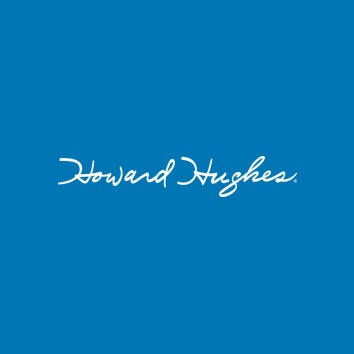Is Howard Hughes Holdings the Next Berkshire Hathaway of Real Estate?
37% Undervalued: The Case for Howard Hughes Holdings in 2025
Buy land, they aren't making any more of it.
- Mark Twain
On August 6th, in a 13D filing, Bill Ackman's Pershing Square Capital made public their evaluation of options regarding the investment in Howard Hughes Holdings Inc. (HHH). They currently own 37.5% of the shares and are interested in exploring an acquisition of the remaining shares.
Howard Hughes Ho…




